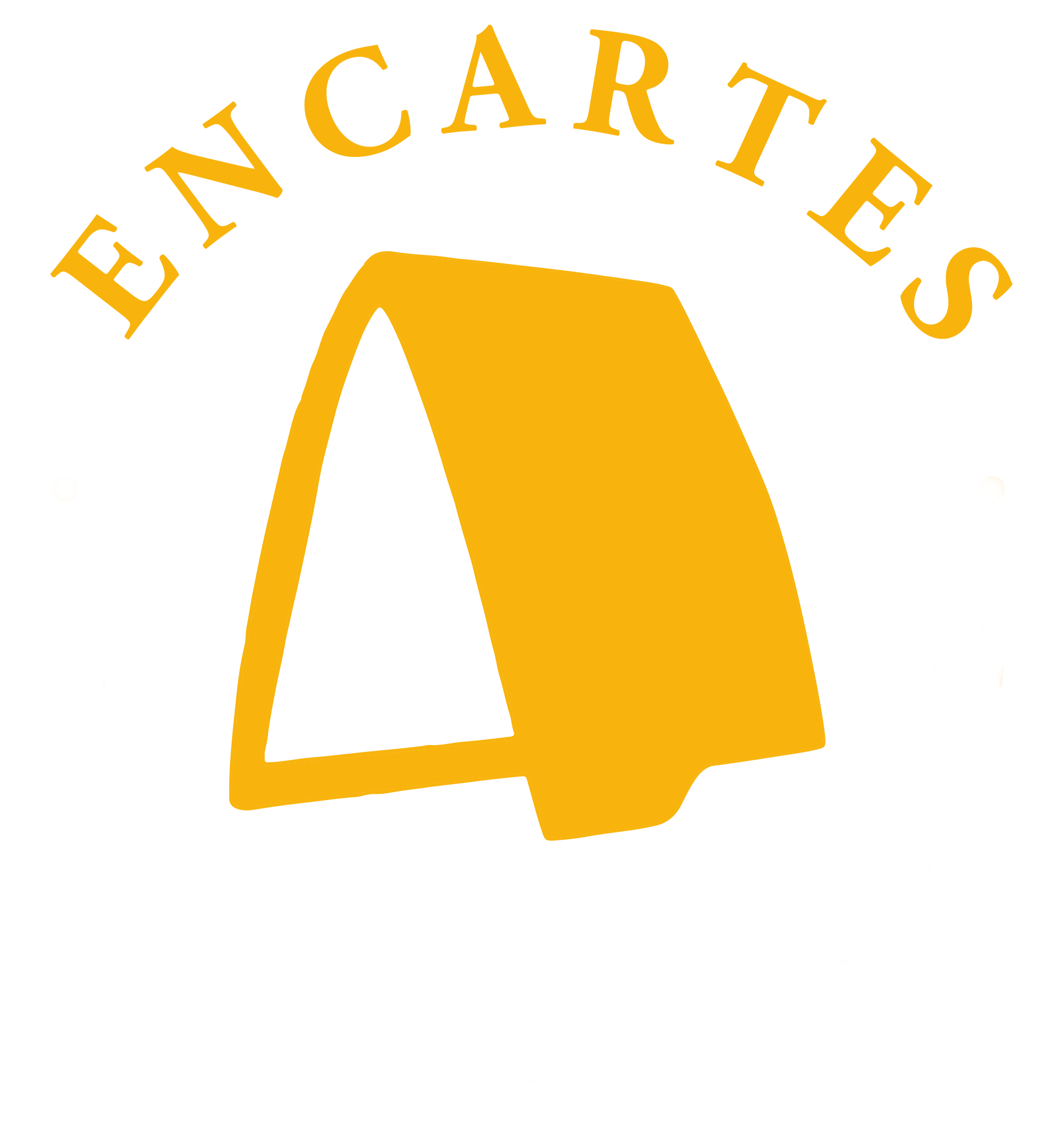An issue dedicated to sonority
Renée de la Torre
Publisher
Whe 13th issue of the magazine Encartes is dedicated to a dossier whose central theme is soundscapes. It is a fact that there is no celebration without sound and that sonority always accompanies traditions; however, what is new is the special attention that this sonority has received in anthropology as well as in sociology and geography. This interest is not limited to the recognition of its emotionally experienced effects, but also to the way in which sensorial cultural productions are capable of transforming a territory. This is precisely what the concept of soundscapes is about. The recognition of the sonorous act is very important to capture the cultural senses capable of changing the uses of spaces and of originating new territories. In this issue we reaffirm the valuation of the sensory by highlighting the study of sound acts as communicative acts with the agency to transform the sensory experience and place through the recreation of ritual landscapes.
The Dossier was coordinated by Miguel Olmos Aguilera with the participation of Fidel Camacho, Xilonen María del Carmen Luna Ruiz, Mónica Bayuelo, Madison Ree Koen and José Juan Olvera. The different articles in this section show that music can generate and transform different scenes in the same space and time, and even produce different atmospheres, as occurs in popular festivals. Each article proposes novel formulas to guide new understandings of these phenomena, such as "the racialization of listening", "the mythology of noise", "the sonic frontier" and "the sonorous creation of a community".
Music, songs, footsteps or the noise of rockets are used to suddenly transform the scenery of a place. Music can place or transport us to one side or the other of the national border divided by a long wall. The abrupt change from religious chants to the rhythms of a northern band can transform the meaning of the same ritual from sacred to profane dance (as in fact often happens). This section is embellished with the cover photograph Trio Nuevo Consentidofrom the community of Piedra Grande, Ixhuatlán de Madero, Veracruz, during the custom in homage to Xümpho Dêhë, the mermaid owner of the water (February 2024), courtesy of Carlos Hernández Dávila, who is both an excellent ethnographer and photographer. The image captured is that of a ritual that transforms ordinary space into a sacred landscape. Undoubtedly, the music is felt in this image.
The section Realities is composed of three articles. The first is authored by Eduardo Menéndez, one of the most renowned anthropologists in the field of medical anthropology, who contributes to this issue with the following title: "Traditional medicine: where are life, suffering, violence and mortality in the native peoples? For his part, Isaac Vargas González delves into the topic of visibility strategies carried out by the relatives of the disappeared with the article: "The search. Following metaphorical traces in an urban margin". The analysis of photographs is also important in the article by Luis Bedoya: "Regímenes escópicos de una nueva guerra: las fotografías de mareros en la nota roja de la posguerra guatemalteca".
Encartes multimedia offers us two audiovisual products: a documentary by Hugo José Suárez that combines chronicle and photography to recreate "Imágenes de la fe. Visual sociology of the Condesa neighborhood in Mexico City"; and another by Claudia Lora Krstulovic: "The video in the investigation of two Amefrican dances: the samba and the rumba". Both works show the relevance of audiovisual methodologies, the first for urban sociology and the second for ethnology.
In the section EntrevistasRenée de la Torre talks with Claudio Lomnitz about his multifaceted career as an anthropologist and intellectual; and Arturo Reynoso interviews historian Serge Gruzinski to understand the beginnings of globalization in the colonial past.
The section Discrepancias invites us to a critical reflection on how to think about the relationship between human beings and nature. The debate was coordinated by Susana Herrera Lima, who invited Yolanda Massieu, Anthony Goebel and Eleonora Rohland to discuss the following topic: "From where to think and subvert the Anthropocene? Latin American thought and alternative anthropocenes".
Finally, we include three reviews of new publications: José Manuel Valenzuela writes about the book coordinated by Sarah Corona Berkin about horizontality in knowledge production institutions; Ofelia Woo presents the book by Manuela Camus entitled Circulation of precarious livesAndrés Fábregas Puig comments on the contributions of the collective book edited by Eduardo Zárate: Communities, utopias and futures. Debates for the century xxi.
This number of Encartes fulfills the mission of promoting and disseminating new approaches to contemporary sociocultural reality that are part of the heated discussions in the field of sociocultural sciences. We also wish to reach beyond the academy so that the writings presented have repercussions outside the institutions dedicated to research. We also celebrate the recognition we obtained to be part of Redalyc, an important indexer that allows us to improve the citation indexes of the articles, with which we also share the vision of producing and disseminating open science for Latin America.






